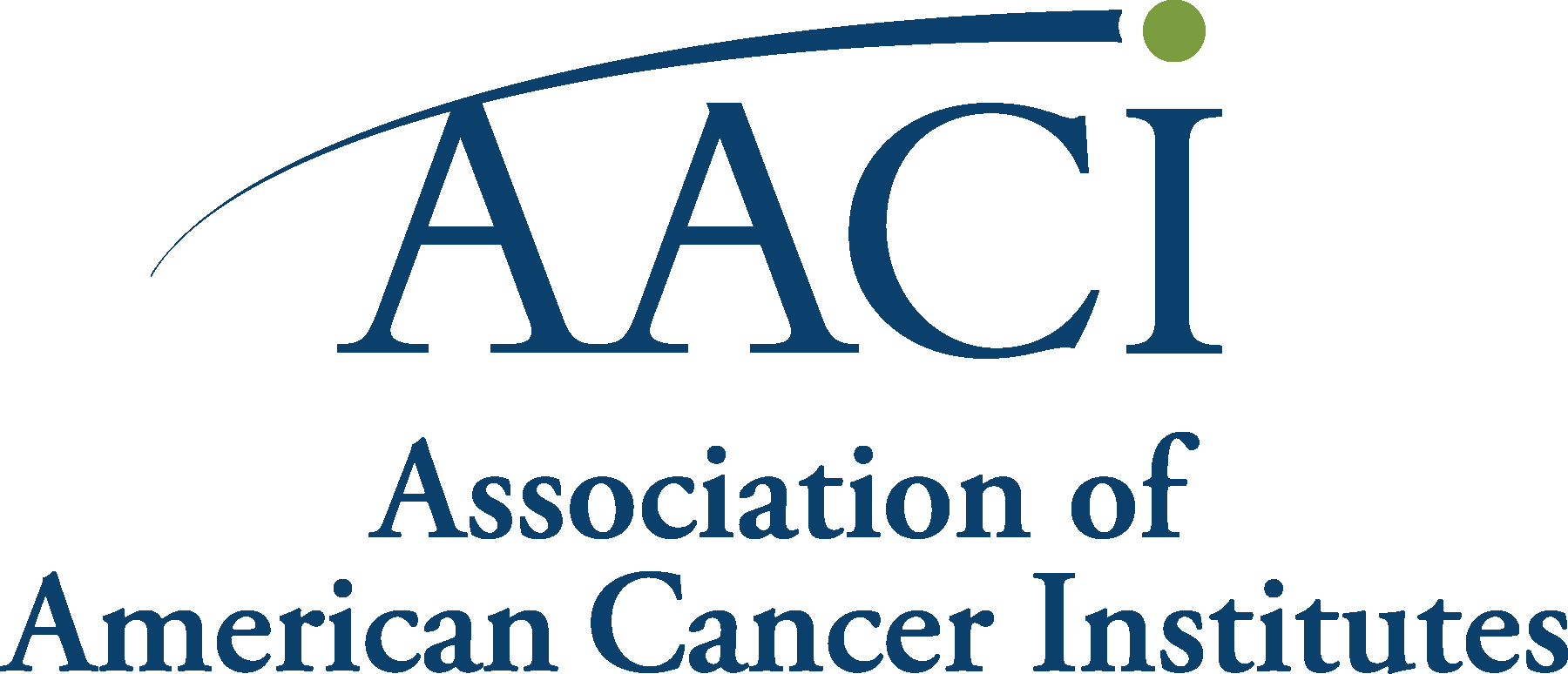Newswise — Perspectives on the future of cancer research and care, including the latest on CAR T-cell therapy, Big Data management, and international partnerships, will highlight the 2018 joint annual meeting of the Association of American Cancer Institutes (AACI) and the Cancer Center Administrators Forum (CCAF), September 30 – October 2, in Chicago.
In the meeting’s first panel discussion, four distinguished cancer center leaders will share their insights and predictions for how academic cancer centers will evolve over the next decade. The discussion will be moderated by AACI President Stanton L. Gerson, MD, director of Case Comprehensive Cancer Center in Cleveland. Dr. Gerson will be joined by Candace S. Johnson, PhD, president and CEO of Roswell Park Comprehensive Cancer Center; Michael B. Kastan, MD, PhD, executive director of the Duke Cancer Institute, Duke University Medical Center; and Steven T. Rosen, MD, provost and chief scientific officer at City of Hope Comprehensive Cancer Center.
Dr. Gerson will also provide an update on AACI’s Network Care Initiative, including results of a survey looking at network management; standardization of care and the use of care paths; collaboration among cancer centers and community sites; employment network models; and access to clinical trials. The meeting will mark two major leadership transitions for AACI. Roy A. Jensen, MD, director of The University of Kansas Cancer Center, will become the association’s new president and will introduce his presidential initiative, which aims to develop a comprehensive, cancer-specific clearinghouse of model legislation for AACI cancer centers to share with their state legislators. In addition, Barbara Duffy Stewart, MPH, will preside at her final annual meeting after 19 years as AACI’s first executive director. Jennifer W. Pegher, who has served for six years at AACI as director of government relations and deputy director, will be the new executive director.
The annual meeting program includes a panel discussion on the nuts and bolts of developing a CAR T-cell therapy program, including intake and management issues, standard operating procedures, financial challenges, and regulatory requirements. Approaching cancer care from a high-tech angle, a panel moderated by Moffitt Cancer Center Director Thomas A. Sellers, MD, will convene commercial and academic players in the Big Data arena with an eye toward enhancing dialogue and developing stronger linkages that could lead to expanded information-sharing and improved patient care. With a growing number of cancer centers establishing partnerships with countries in the developing world, the AACI annual meeting will include an overview of cancer research and treatment efforts in several countries including Kenya, Malawi, and Cuba, where U.S. sanctions are creating unique collaboration challenges. Meeting attendees will also hear a report from NCI Director Norman E. Sharpless, MD, and a panel will examine revised guidelines for NCI's Cancer Center Support Grant application.
On Monday, October 1, AACI will present its first Champion for Cures Award to Richard and Susan Rogel in recognition of their $150 million gift to the University of Michigan Comprehensive Cancer Center, which was renamed Rogel Cancer Center in their honor. Also on October 1, Charles M. Perou, PhD, will receive the AACI Distinguished Scientist Award. Dr. Perou, a pioneer in breast cancer research and precision medicine, will deliver a talk focused on sequencing studies for gene expression analysis, specifically, on research results showing the value of sequencing-based approaches in breast and lung cancers. The May Goldman Shaw Distinguished Professor of Molecular Oncology at UNC Lineberger Comprehensive Cancer Center, University of North Carolina at Chapel Hill, Dr. Perou is also the faculty director of UNC Lineberger’s Bioinformatics Group, co-director of its Breast Cancer Research Program, and a professor in its Genetics and Pathology & Laboratory Medicine departments.
###
Representing 98 of North America's premier academic and freestanding cancer centers, the Association of American Cancer Institutes is dedicated to reducing the burden of cancer by enhancing the impact of leading cancer centers.
